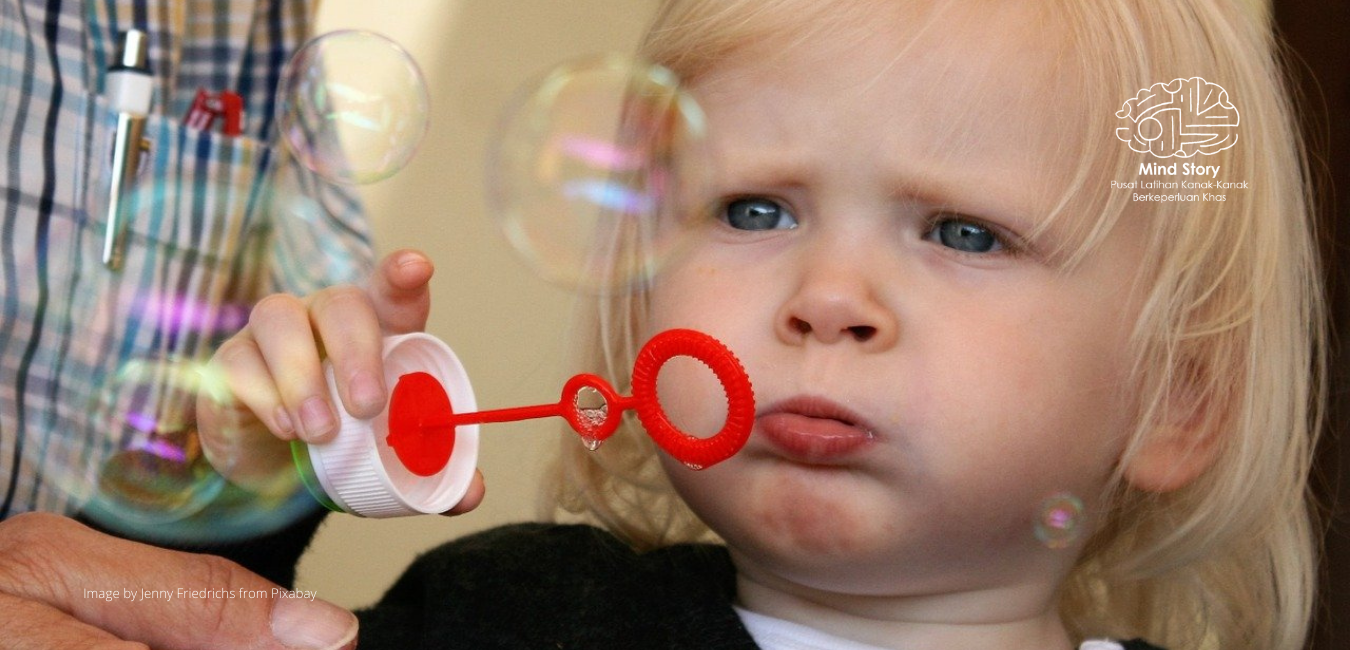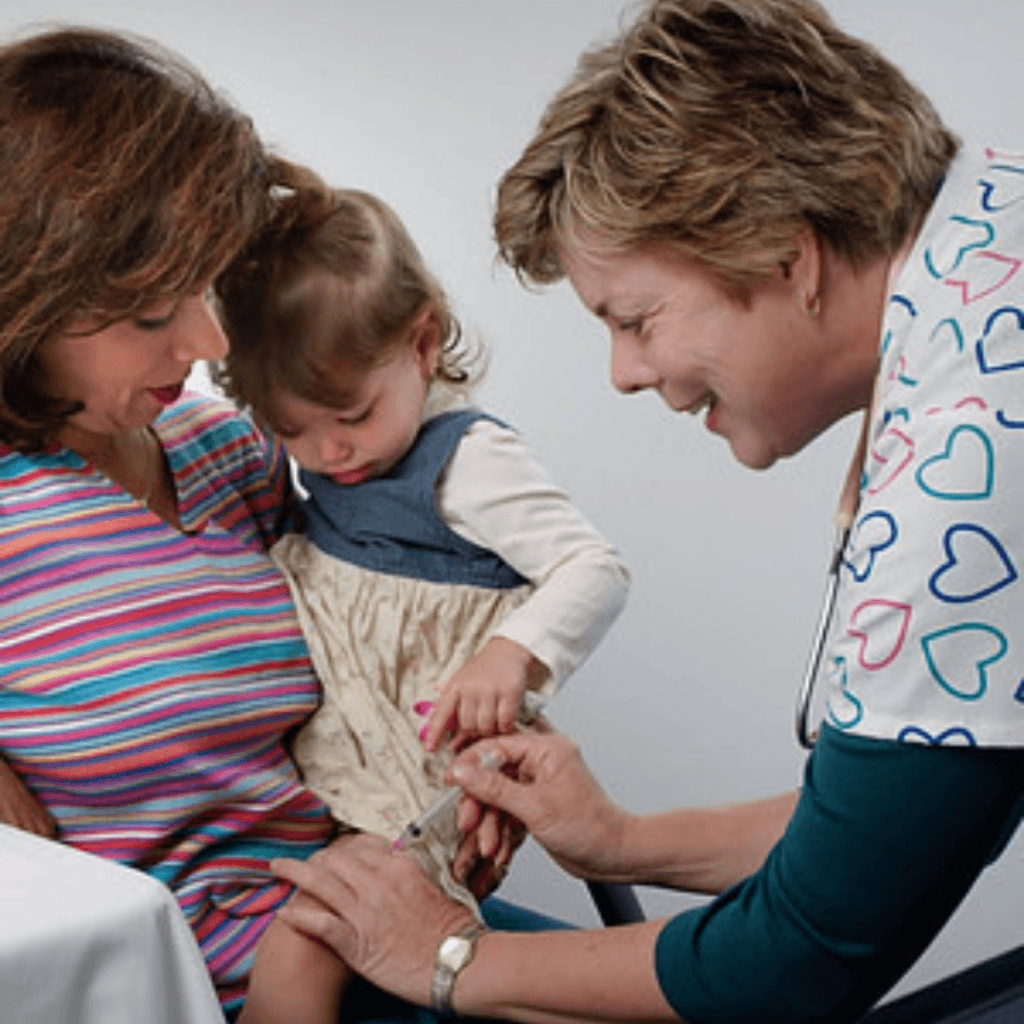
The first three years of a child’s life is crucial for their skills development. Your visits to your child’s doctor is a great time to check in with the doctor on your child’s development. Generally, doctors will check on their physical, cognitive, language and social-emotional development. There are developmental milestones that your doctor would look at and if your infant or toddler is developing more slowly than expected, your doctor may suggest to either monitor and check-in again within a specific time period or go for an early intervention evaluation or services.
Understanding Early Intervention
Early intervention are for infants and toddlers (that is children under the age of 3). The purpose of early intervention is to provide support for infants and toddlers to make progress in their development (while the gap is small). Early intervention can focus on physical, cognitive, communication, sensory, self-help or social or emotional skills.

- Physical skills includes reaching, crawling, walking, drawing and building
- Cognitive skills includes thinking, learning and problem solving
- Communication skills includes talking, listening and understanding
- Sensory skills includes sight, hear, touch, smell and taste sensitivity
- Self-help skills includes eating and dressing
- Social or emotional skills includes playing and interacting with others
The key to early intervention is to occur in a natural setting where you and your child is comfortable. Individualized Family Service Plan (IFSP) are introduced where each family member has a role in supporting your child in the United States. Here in Malaysia, you can choose centers with multiple services and one that integrates family role in your child’s early life.
Early intervention plan usually lasts until your child’s 3rd birthday. After the 3rd birthday, the plan will switch from Early Intervention to Special Education or Individualized Education Plan (IEP).
How early intervention support child development
Early intervention services can be secured through:
- Behavior therapy (Cognitive, communication, sensory, self-help, social emotional skills)
- Occupational therapy (Cognitive, communication, sensory, self-help, social emotional, physical)
- Physical therapy (Physiotherapy) (Physical, cognitive, self-help)
- Speech and Language therapy (Cognitive, communication, social-emotional)
Depending on the needs of your child, he / she may need more than one type of services to reduce the gap in their development. You will need to discuss with the therapists of the milestones they are working on to support your child. In addition, your therapist should provide daily activities for you to do with your child at home. Your therapists should work together to ensure the plan for your child is complete and consistent with their development.
Where can you get support?
In Malaysia, most therapists are governed by their related-field association or board.
Occupational Therapist – Malaysian Occupational Therapy Association
Physiotherapist – Malaysian Physiotherapy Association
Speech and Language Therapist – Malaysian Association of Speech-Language and Hearing
We have yet to have a governing board within Malaysia for behavior therapist. However, there are members of international certification body such as Behavior Analyst Certification Board (BACB) from the USA in Malaysia.
There are entities that provides multiple therapy services under one roof. A simple Google search based on the type of therapy you need would provide enough listing for you to check them out. Or you can contact us to schedule for an appointment for a FREE consultation or guidance on how can you proceed before choosing your therapy services.
What can you do at home?
While you sort out the necessary arrangement and fact finding, your child can benefit from time with you (and their primary caregivers) at home.
Here is a guide from the Government of Newfoundland and Labrodor, Canada on activities that you can do with your child to promote their development – Every day I learn through play.
It’s better early than late. It’s better late than never.
Monitor your child with these simple developmental milestones by Centers for Disease Control and Prevention from the US Department of Health and Human Sciences here. Choose the age appropriate checklist and use it as a guide, not a diagnosis. If you have any concern, check in with your child’s doctor.
Read more on Importance of Parental Involvement in a Child’s First 5 years
